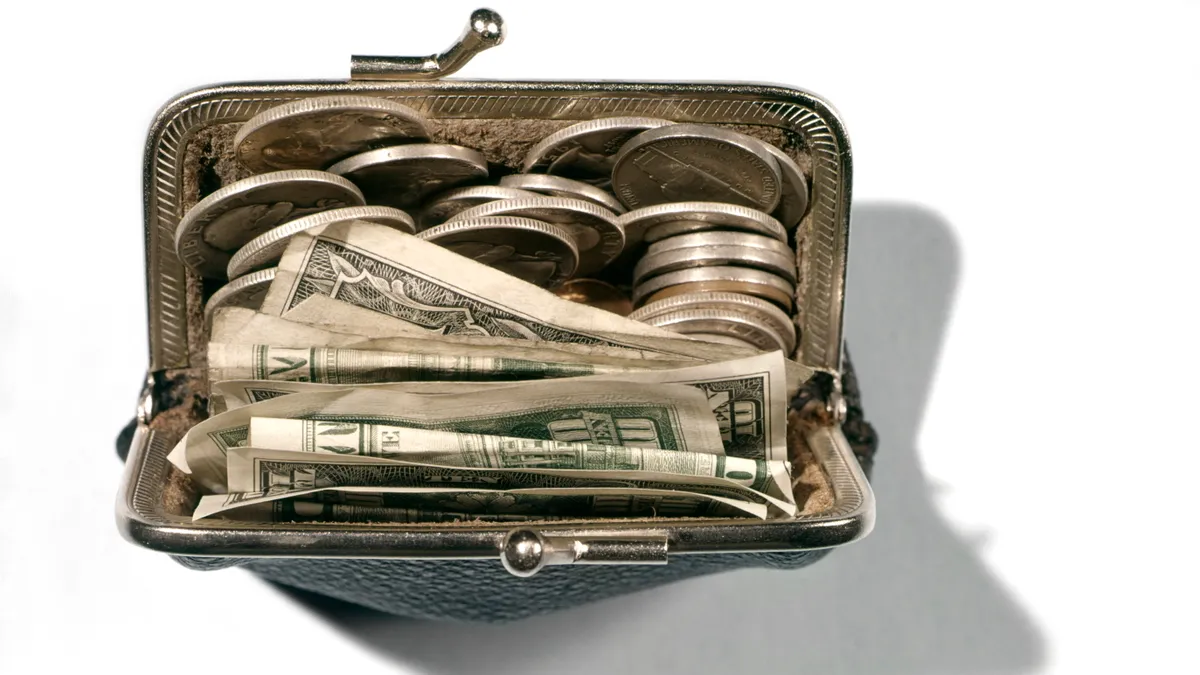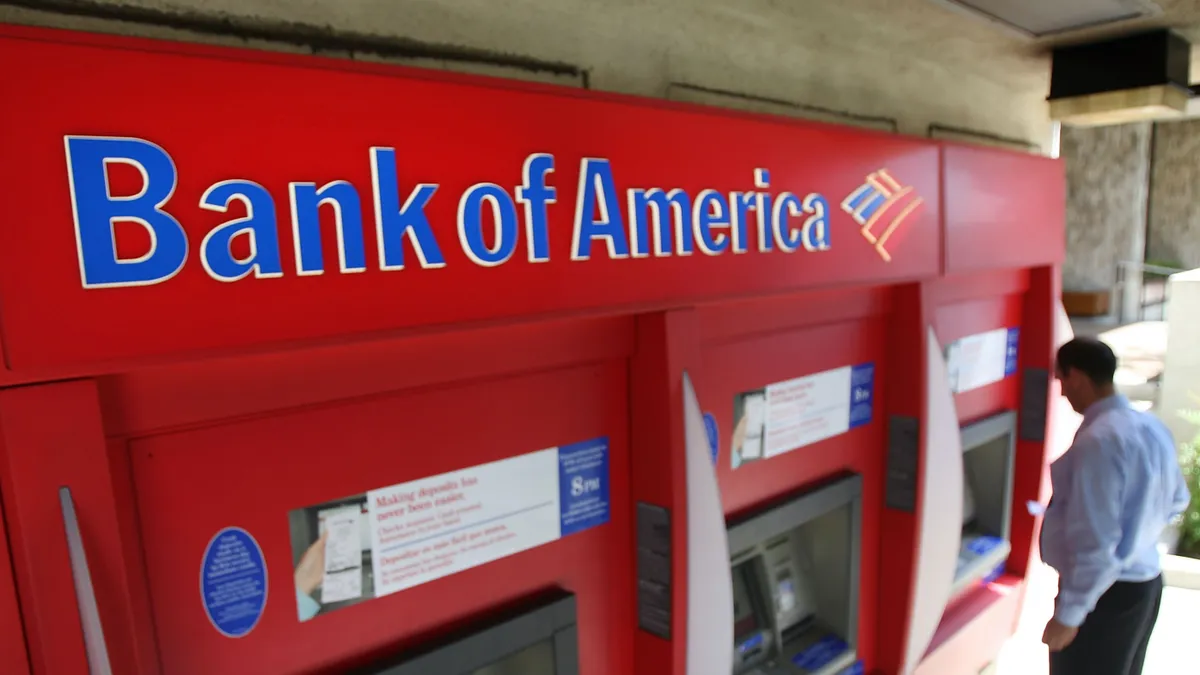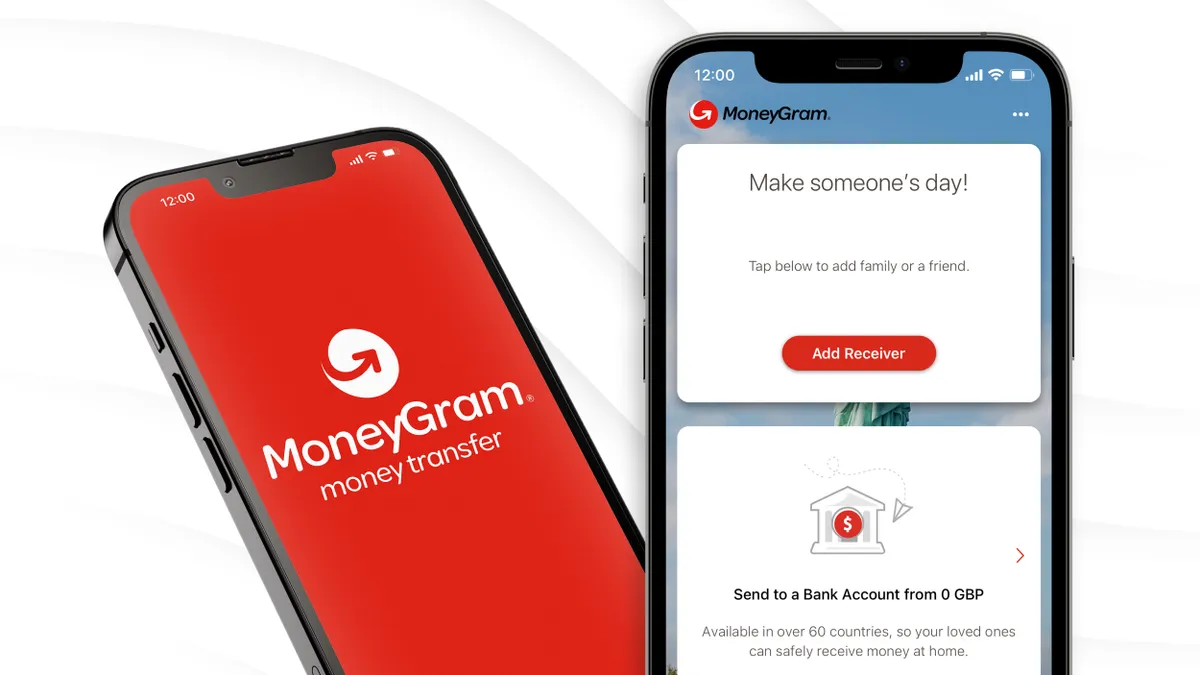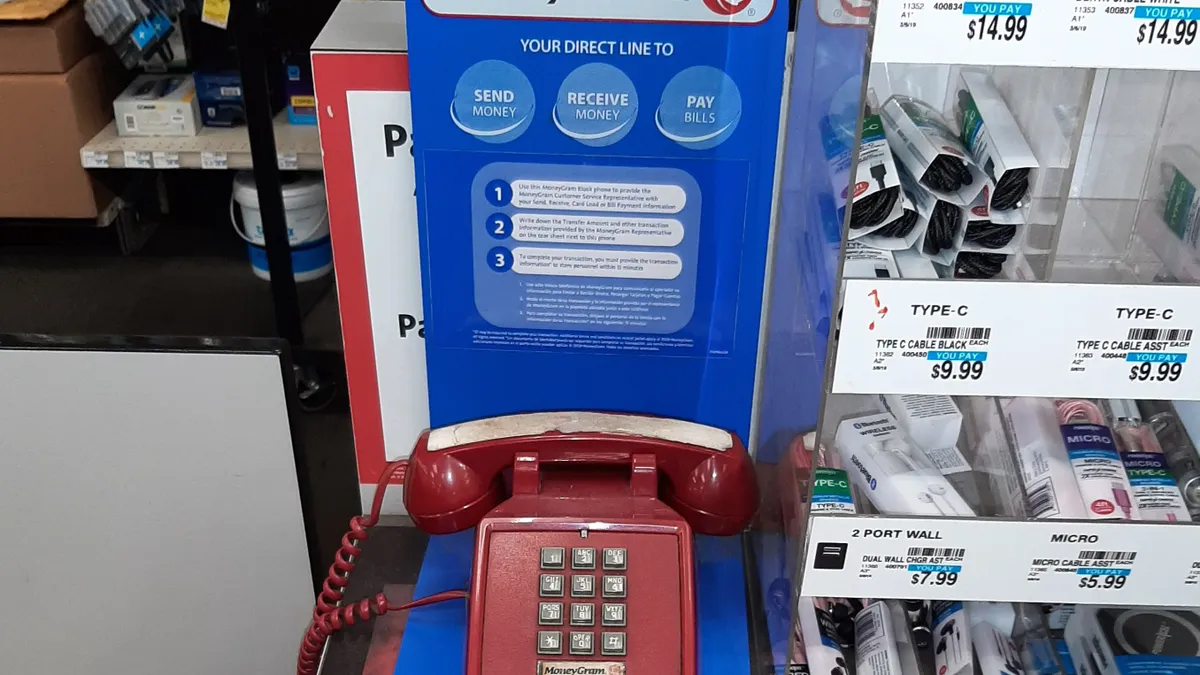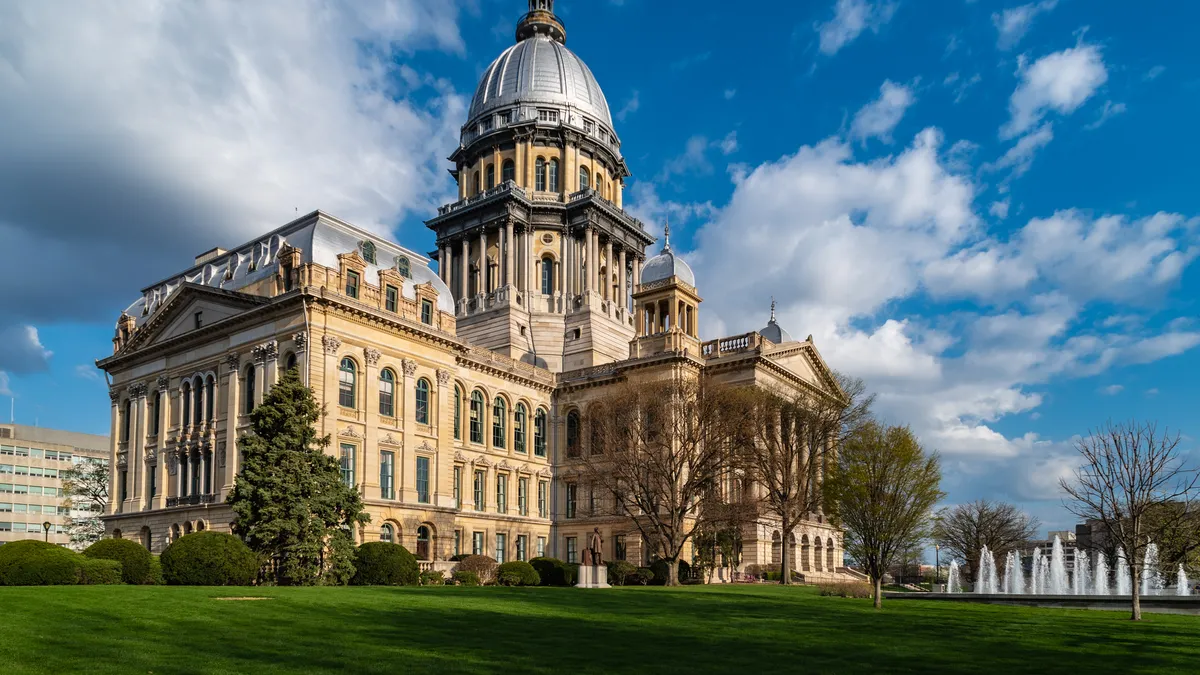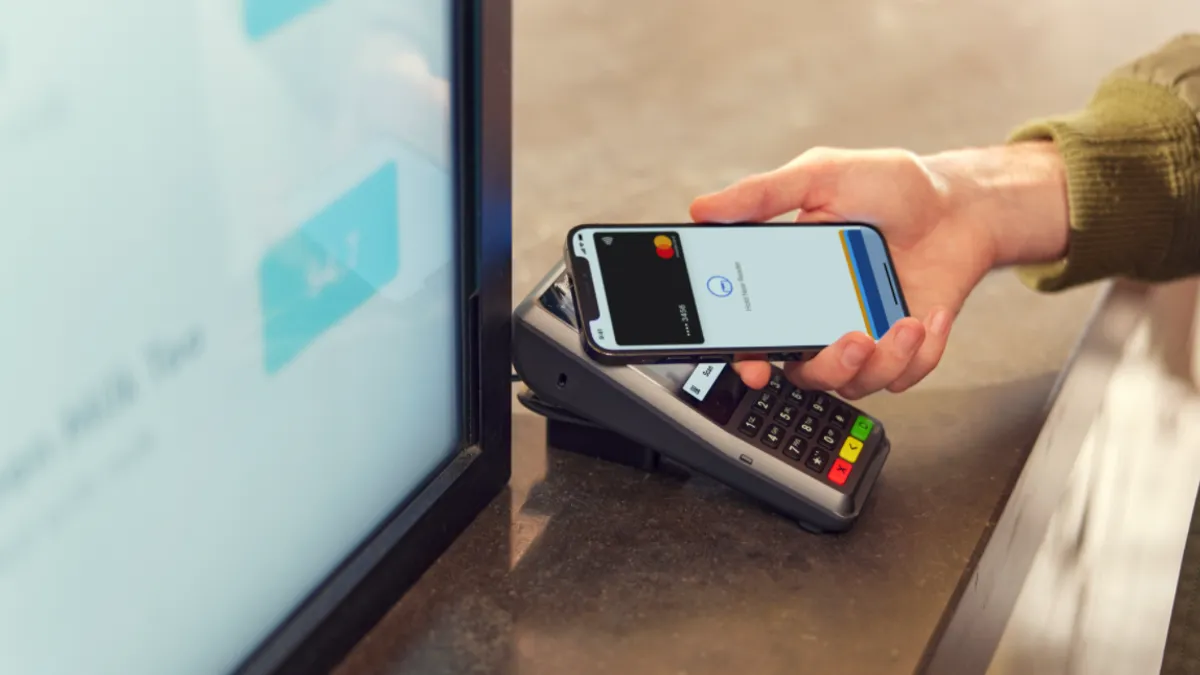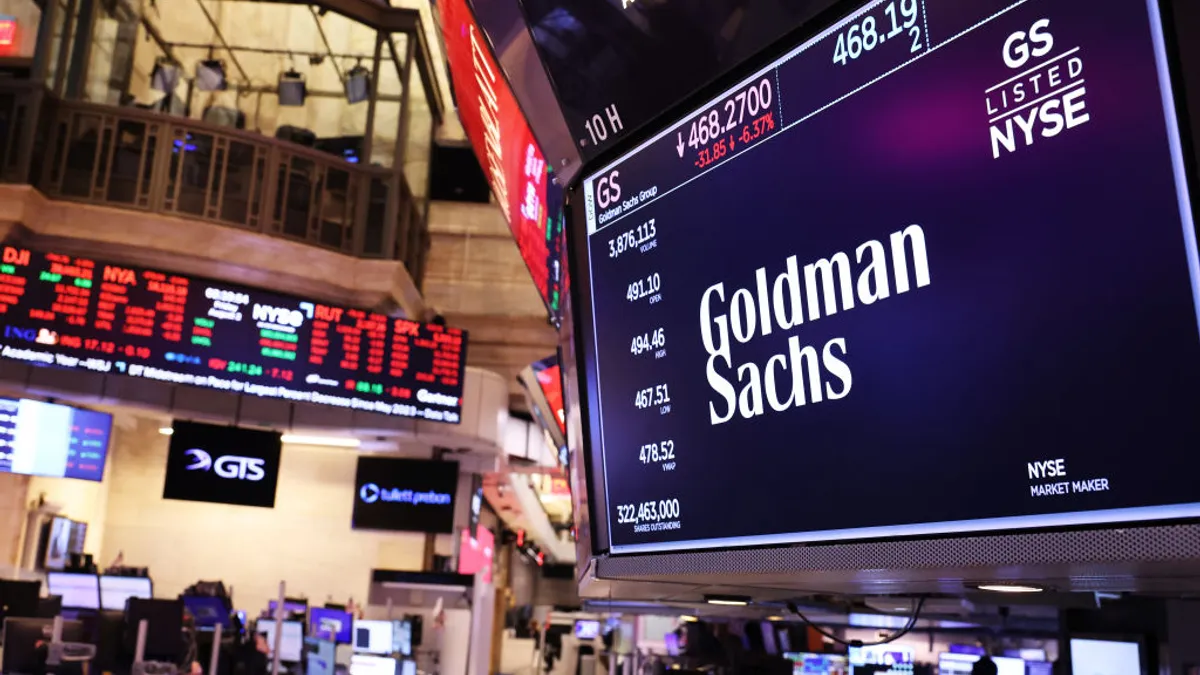Retail and banking trade groups made a plea Monday to the Treasury Department for help in boosting the circulation of coins to avoid harming consumers who rely on cash for everyday purchases, like food.
In a joint March 21 letter to Treasury Secretary Janet Yellen, the American Bankers Association, the National Grocers Association and the Retail Industry Leaders Association, among others, asked for assistance in raising public awareness of the coin circulation shortage caused by the COVID-19 pandemic.
With consumers hunkering down at home and less interested in handling money, due to the deadly virus, they have been using fewer coins, reducing circulation, according to a Federal Reserve report last year examining the impact of the pandemic on cash and coins.
"The consequences of a coin circulation slowdown fall hardest on consumers that do not have the ability to pay electronically," said the trade groups' letter. "If retailers are not able to offer change for cash purchases consumers who rely on cash will be vulnerable."
Not even the U.S. Mint, the Treasury agency that produces coins, has the capacity to make up for the decline, according to the letter. While the shortage of coins eased a bit in late 2020 and early 2021, it has flared again lately, the groups said.
The Fed's regional banks work with the Fed's National Cash Product Office and the Mint to make sure sufficient coins are available.The Treasury Department didn't immediately respond to a request for comment. A Fed spokesperson declined to comment.
Even before the current coin crisis, federal and state lawmakers have been concerned about the growing use of digital alternatives and have tried to safeguard the ability to pay in cash. They’ve noted the importance of keeping cash alive as a viable payment method for those people who can’t use credit cards or phone payment apps, or who don’t want to use those options.
FMI–The Food Industry Association, one of the groups that signed the letter, also issued a press release Monday underscoring the need to act. "For the food industry, this coin supply disruption affects a grocer’s ability to complete cash transactions because they lack sufficient coin to make change at check out," FMI Vice President Christine Pollack said in the release. "This significantly limits the ability of millions of cash-reliant and cash-preferring grocery customers to buy necessary goods and services."
The Fed convened a U.S. Coin Task Force in July 2020 to address the problem, gathering input from representatives of the Fed and the Mint as well as executives from the financial services, retail and armored truck industries. The Fed has tried to counter the problem on its own, too.
"The pandemic significantly disrupted the supply chain and circulation of coin, resulting in the Federal Reserve temporarily implementing a coin allocation policy that established upper-bound limits on the amount of coin that financial institutions (FIs) were able to order," the Fed report last year said.
Merchants in some ways seemed to make their plight worse during the pandemic, by steering consumers away from the use of cash, according to that Fed report. "Coin-intensive businesses and financial institutions experienced significant challenges accessing coin, prompting many businesses to nudge consumers to change their payment behaviors," the Fed said in the report.
An August 2020 survey of consumers by Fed researchers showed retailers requested consumers to provide non-cash payments for in-person transactions about 45% of the time, according to the Fed report.
"Merchants appear to engage in steering for two primary reasons, namely, the perception that card payments may be safer for store staff, as card payments do not require any physical interaction between checker and customer," the Fed study said. "Additionally, card payments reduce the need for coin to settle transactions."
About three-quarters of survey respondents said they didn't pay for anything with coins during the 30 days prior to the survey, and about 95% said they didn’t deposit coins at a bank or a kiosk during that time either.
"The significant change in Federal Reserve coin receipts and merchants' perceived decline of coin supply suggests that far more people were using, depositing, and redeeming coins before the pandemic," the report said.
In their letter this week, the trade groups specifically asked Treasury to use its bully pulpit to get the word out about the coin shortage and to consider issuing public service announcements. It also has put out a plea for consumers to use exact change for transactions and to redeem their coins at banks or coin kiosks.



